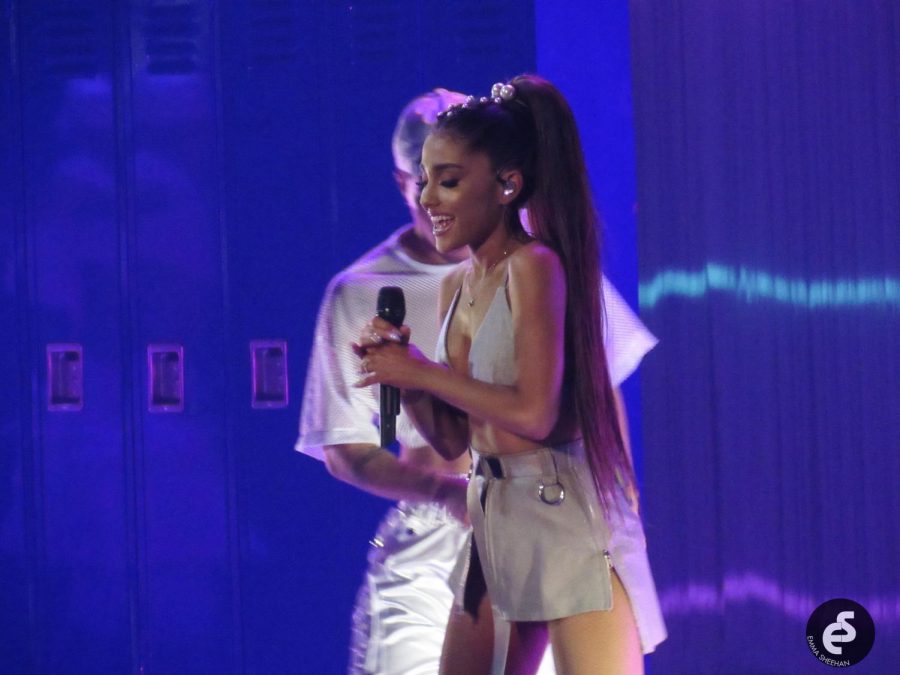Look around the halls of WJ and you’ll see the majority of students with AirPods or earbuds. Music is a big part of high schoolers’ lives. It helps students have fun, relieve stress and study for big tests. But the content of the music itself can sometimes be questionable.
Today’s popular music seems to have more profanity than previous generations. Just a quick glance at the Hot 100 Billboard chart confirms this. Many of the songs on the chart are laced with profanity, including the number one overall song “Truth Hurts” by Lizzo.
Of course, artists cursing in music is not a new thing. But the regularity with which they do so is. For a long time, pop music was supposed to be clean music, suitable for everyone. These days, it’s rare that any artist comes out with a radio-friendly song.
So why has music become like this? Perhaps some of it coincides with rap music developing into the dominant genre. Today, pop music encompasses a lot of rap music. Rap has always lent itself to a little more cursing — only in the past, rappers cursed in a more skillful and artful manner. Too often rappers today seem to curse just for the sake of doing so.
It’s not just rappers who are following this trend. Take singer Ariana Grande, for example. Last year, it seemed impossible to get away from her hit single “thank u, next.” It reached the number one spot on the Hot 100 Billboard chart, despite Grande dropping the f-bomb in the chorus. In total, she says the word six times. In the context of the song, it’s really not necessary at all. She easily could’ve done without it and listeners still would have understood she’s “grateful for [her] ex.” So why add it? It seems to be an attempt to sound more edgy and mature, but it really has quite the opposite effect.
I find even more high-end artists such as Tyler the Creator or Anderson Paak often just curse for the sake of doing so as well. They are still great artists. They’ve each released critically acclaimed albums while also appealing to mainstream audiences; I’m fans of both. But like many of the artists of our time, they don’t leave anything to the imagination in their lyrics. I suppose they do it because that’s what audiences want. But it comes across as lazy and shows a lack of creativity.
I often find myself enjoying the music to certain songs, only for some of that enjoyment to be slightly taken away by over the top profanity. There’s just no need for it.
I’m not saying that artists should never curse in their lyrics. It will always be a part of music in some form. I just hope that clean, popular music hasn’t completely gone out of style.






















![Students begin a practice Kahoot for French class. Walter Johnson offers a total of six languages including American Sign Language, Chinese, Italian and more, giving students the opportunity to explore different languages and cultures. “I switched [from Spanish] to Latin freshman year and I love it,” junior Abigial Samuels said.](https://www.wjpitch.com/wp-content/uploads/2024/10/IMG_0976-1200x675.jpg)


















